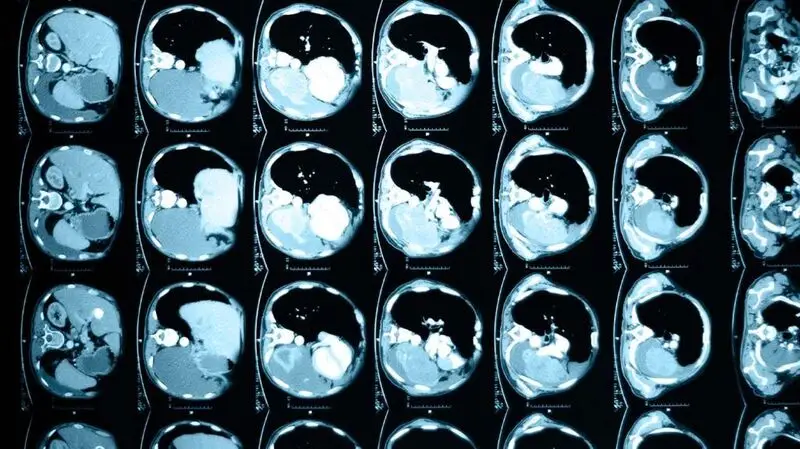
- Researchers report in a new study that obesity disrupted the biological metabolic process in mice.
- They noted that this disruption can cause a number of health issues, including liver damage.
- They say they hope their study will help the medical community better understand how obesity and metabolism are linked.
Researchers say they have found that the biological regulation of metabolic activity was reversed in mice with obesity in a
In non-obese mice, the researchers report that allosteric regulation, the biological process that controls metabolism, was inhibited during feeding and activated when the mice were fasting.
In the mice with obesity, researchers said this process was reversed. It was increased during feeding and was inhibited during fasting.
The scientists say they hope that by better understanding how this metabolic process is affected, health professionals can understand how obesity affects the body and contributes to disease development.
In their study, researchers looked at the livers of mice that were at typical weight and compared them to the livers of mice with obesity after periods of both feeding and fasting. They gathered data on different biological processes from five sets of mice. Then, they combined their data with information from biological databases to understand how different layers of processes interact.
Although the researchers looked at how the livers of mice were affected, they said they expected that similar results would occur in humans.
The researchers noted that when we eat, our liver builds up stores of energy and then releases this energy as needed, a process called
In their study, the scientists from the University of Tokyo reported that in mice with obesity, this process became dysregulated, indicating a potential breakdown of the process.
They said this breakdown could lead to metabolic symptoms such as fatigue, lethargy, and decreased appetite.
“Obesity can make changes to how the liver functions,” said Dr. Mir Ali, a bariatric surgeon and the medical director of MemorialCare Surgical Weight Loss Center at Orange Coast Medical Center in California who was not involved in the study. “I think we are just scratching the surface on all the ways that obesity makes changes in the body, including in the liver.”
“We do see the reversal of the metabolic processes and then if a person loses weight and the inflammation decreases, the function of the liver can increase,” Mir explained to Medical News Today.
Scientists say they know that obesity affects metabolism and that the liver plays a significant role in this process.
However, the researchers noted that what they observed might not only be evidence of liver disruption but could be a change to broader metabolic cycles throughout the body.
They said they were not interested in the liver alone but in how metabolic reactions circulate between the liver and muscle in mice with obesity.
“Obese people do not necessarily eat more to become obese, but once obese, you are hungrier and forced to eat more,” said Dr. Mitchell Roslin, the chief of bariatric surgery at Northwell Lenox Hospital in New York who was not involved in the study.
“Humans are hybrids, predominantly burning fats and carbohydrates,” Roslin told Medical News Today. “Metabolically healthy people are flexible and at rest burn mainly fat. Those with metabolic illness and obesity become more carbohydrate-dependent, even at rest or mild activity. As these stores have limited glycogen, they have to eat to rapidly replenish this supply. Thus, when obese, they often lose the ability to metabolize fat.”
“This explains the inverted behavior in [the] mice,” Roslin said.
The researchers noted that the opposite metabolic dysregulation observed in this study may directly reflect not only the breakdown of liver metabolic homeostasis but also the dysregulation of inter-organ metabolic cycles as the metabolites synthesized by liver circulate among different organs, including skeletal muscle, adipose tissue, and the brain.
“The underlying mechanism of metabolic dysregulation between feeding and fasting in liver associated with obesity remains to be further explored by adding
Experts say another factor to consider is our healthcare system, where few patients qualify for weight-loss surgery under the current guidelines.
“I, along with other medical professionals, am working to have the threshold for approval for the surgery lowered,” Mir said. “Right now, it is too high and we are missing a lot of people who could be helped. Although obesity negatively affects their health, the current





